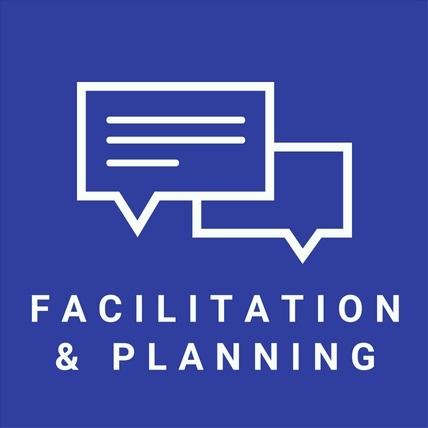Projects
CCBR typically has 15-20 ongoing projects and has completed over 450 projects since 1982. Each project is guided by our commitment to impacting social change in practical and powerful ways. We conduct research with people not on people, cultivating respect with communities at every step of the process.
Projects can be searched for using words from the project title or using the service area, theme, or date range for the project. You can also type 'Service Area' or 'Theme' into the search bar to get a list of options in each of these fields.
Projects
CCBR partnered with the Research & Innovation Committee of the Scarborough Centre for Healthy Communities (SCHC) to plan and deliver activities to build organizational capacity for community-based research. These activities, including a workshop series and interactive planning retreat, helped SCHC determine research priorities and procedures for conducting internal community-based research and engaging with external research partners.
With funding from Immigration, Refugees & Citizenship Canada, Immigrant Services Association in Nova Scotia (ISANS) partnered with CCBR to pilot & evaluate tailored equity & anti-racism tools designed to enhance services for racialized immigrants in four sectors – volunteerism, family support services, disability support services and recreation.
This project built capacity among organizations and groups who support refugees across Canada. The project was led by CCBR in partnership with the Evaluation Capacity Network at the University of Alberta and guided by a cross-stakeholder advisory group.
The purpose of this project was to design and conduct a developmental evaluation of an innovative inter-agency collaborative that developed and tested an integrated system of support for people with developmental disabilities/dual diagnosis (DD/DD) accessing homeless shelters. The evaluation was funded by Ontario Local Poverty Reduction Fund via Community Living Brampton Caledon.
The purpose of this evaluation was to assess the implementation and outcomes of the Common Thread Initiative, a team-based, problem solving approach to making evidence-based decisions that best support persons with a dual diagnosis and challenging behaviours in a residential program in Central West Ontario. The evaluation was funded by the Central West Community Network of Specialized Care.
The purpose of this evaluation was to develop an evaluation framework and to support its implementation for the Supported Independent Living (SIL) program. The Bob Rumball Associations for the Deaf (BRAD) funded this project.
This project involved organizing and holding a two-day event for faith-based campuses and their partners to build their capacity in using community-based research to strengthen ministry service and outreach. The project was funded by Stronger Philanthropy via Crandall University.
CCBR conducted an evaluation for the Transition Series event designed to understand the strengths and challenges of this event and the impact on participants. This work was funded by the Central Region Community Network of Specialized Care.
CCBR was an Evaluation Specialist for OBI’s Evaluation Support Program created to build a culture of evaluative thinking that strives to produce continual evidence-based improvements among participating community organizations. CCBR’s evaluation activities included the facilitation of three workshops and evaluation planning/support for the Alzheimer Society of Ontario.
CCBR Co-Director was one instructor for a 13 unit course designed for people to evaluate, analyze and improve upon programs and/or services within the workplace. This mixed offering (on-line and in-class) course was offered by Wilfrid Laurier University’s Continuing and Part-Time Studies program in partnership with the Centre for Community Research, Learning and Action (CCRLA).












